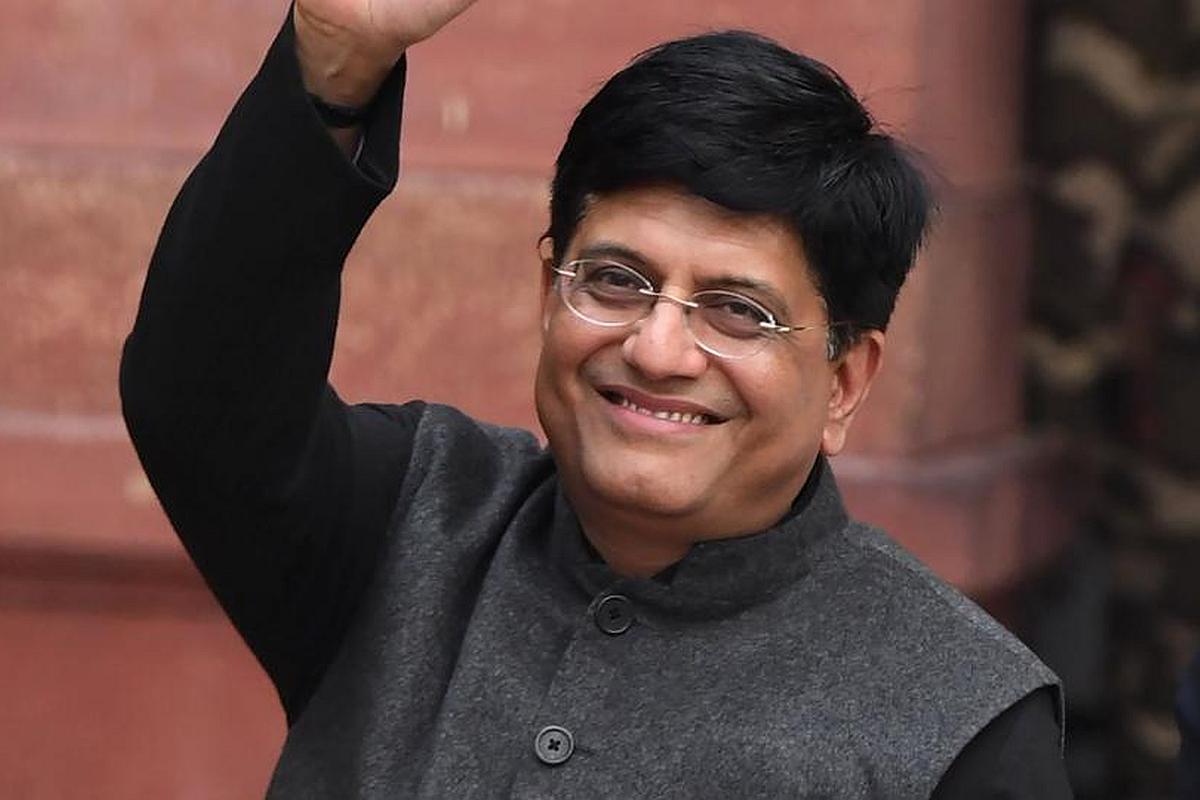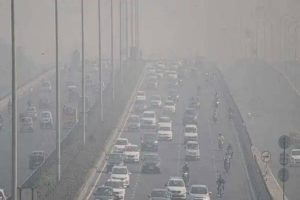India and the European Union (EU) have relaunched negotiations on a Free Trade Agreement (FTA) after a lull of nine years.
Commerce and Industry Minister Piyush Goyal and Executive Vice-President of European Commission Valdis Dombrovskis revived the talks on a far-reaching FTA at the EU Headquarters in Brussels last evening.
Besides, negotiations were also launched for a stand-alone Investment Protection Agreement (IPA) and a Geographical Indicators (GIs) Agreement.
Last year, in the India and EU leaders’ meeting held in Porto on 8 May 2021, an agreement was reached for resuming negotiations for a balanced, ambitious, comprehensive and mutually beneficial FTA and starting fresh negotiations on the IPA and a separate agreement on GIs.
The two partners had abruptly called off the talks in 2013 due to differences in the scope and expectations of the deal.
The Delhi visit of European Commission President Ursula von der Leyen in April 2022 and Prime Minister Narendra Modi’s recent visit to Europe accelerated the FTA discussions and helped in defining a clear roadmap for the negotiations.
This would be one of the most significant FTAs for India as the EU is its second-largest trading partner after the US. The India-EU merchandise trade has registered an all-time high value of $116.36 Billion in 2021-22 with a year-on growth of 43.5%. India’s export to the EU jumped 57% in FY 2021-22 to $65 billion. India has a surplus trade with the EU.
Considering that both partners have similar fundamental values and common interests and are two of the largest open market economies, the trade deal will help to diversify and secure the supply chains, boost economic opportunities for our businesses, and bring significant benefits to the people.
Both sides are aiming for the trade negotiations to be broad-based, balanced and comprehensive, based on the principles of fairness and reciprocity. There will also be discussions on resolving the Market Access Issues which are impeding bilateral trade.
While the proposed IPA would provide a legal framework for cross-border investments to enhance the confidence of investors, the GI pact is expected to establish a transparent and predictable regulatory environment, to facilitate the trade of GI products including handicrafts and agri-commodities. Both parties are aiming to negotiate all three agreements in parallel and conclude them simultaneously.
The first round of formal negotiations for all three agreements will be held from 27 June-1 July in New Delhi.
India earlier this year has concluded FTAs with Australia and the UAE in a record time. The FTA talks with Canada and the UK are also underway. The FTA negotiations are part of India’s broader strategy to forge balanced trade agreements with key economies and revamp existing trade pacts to improve trade and investment.












